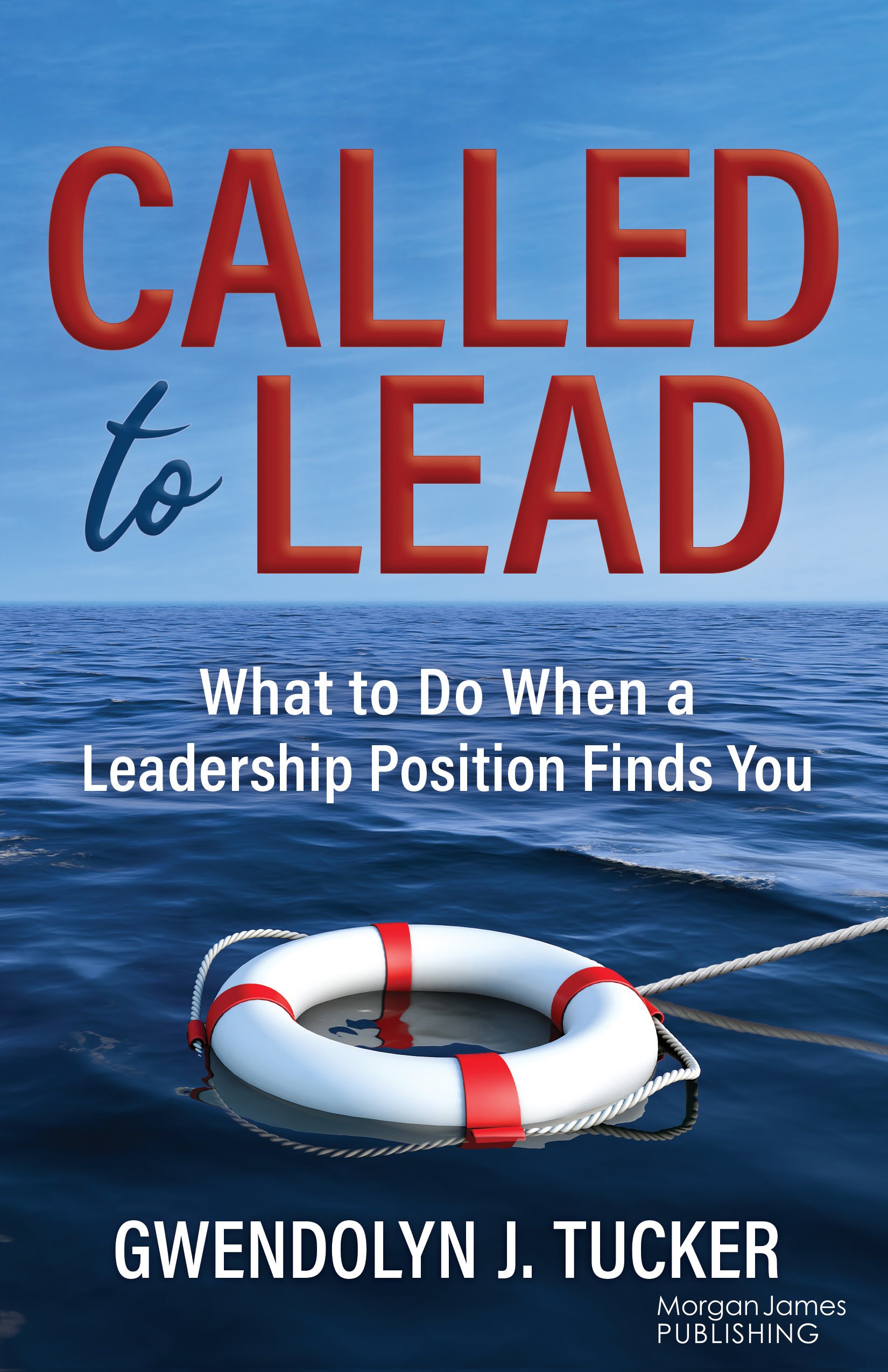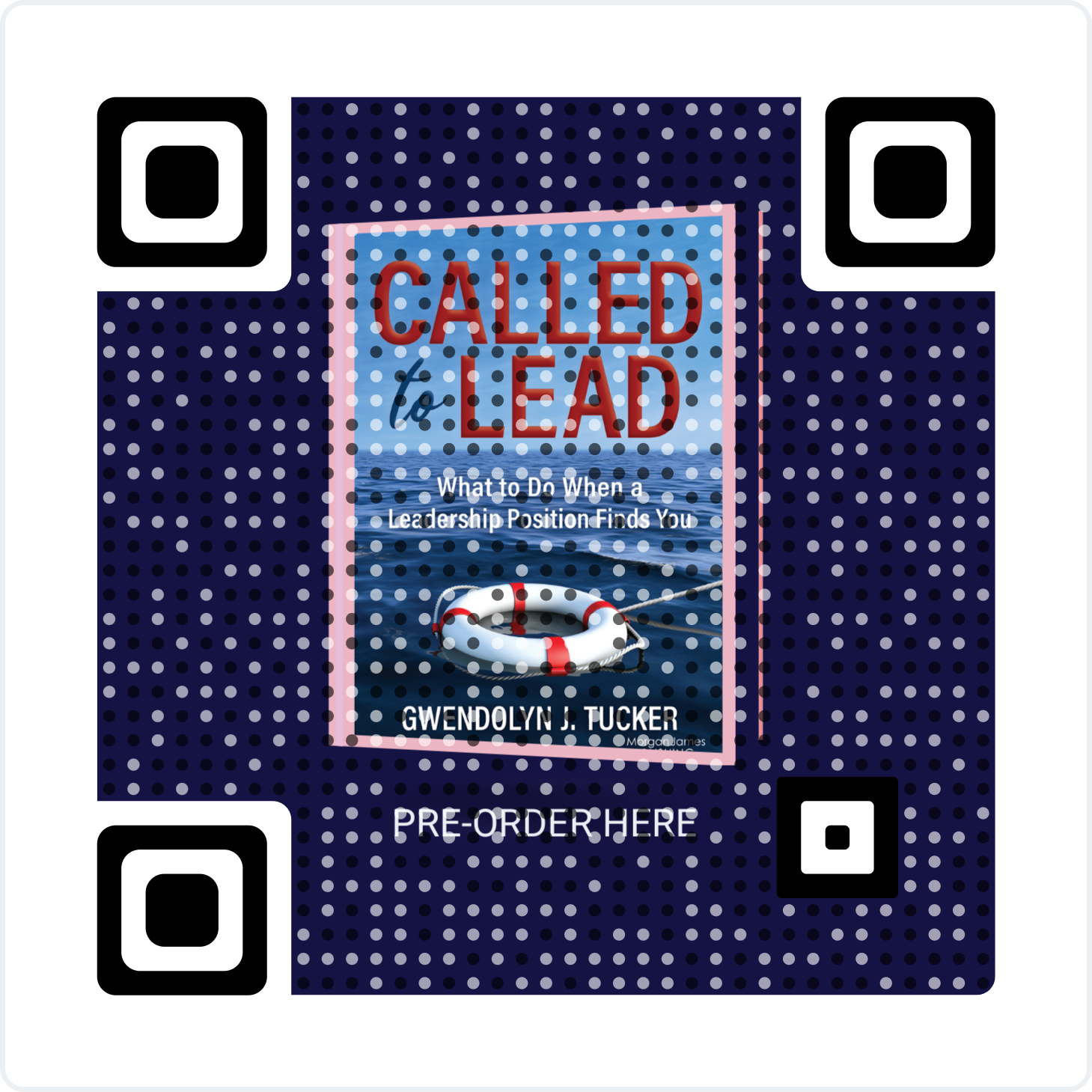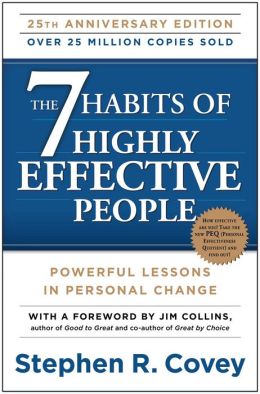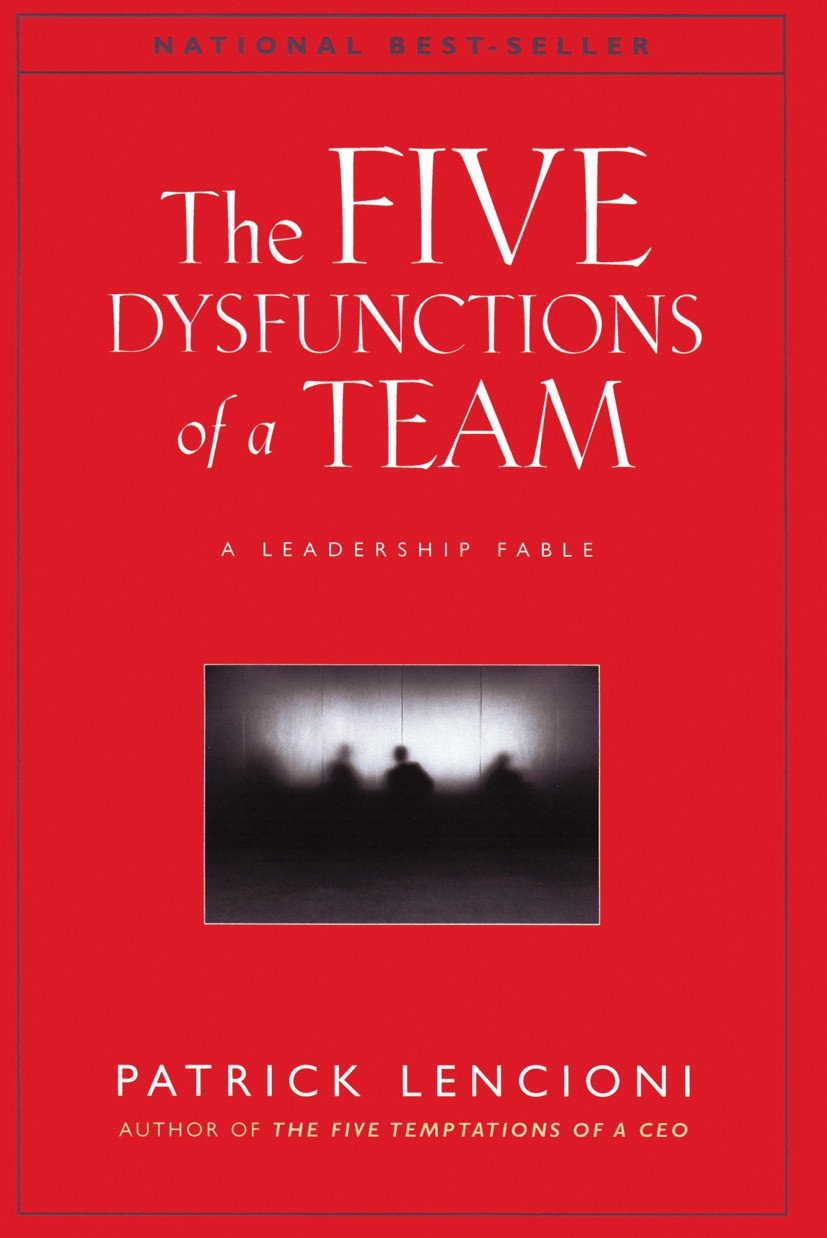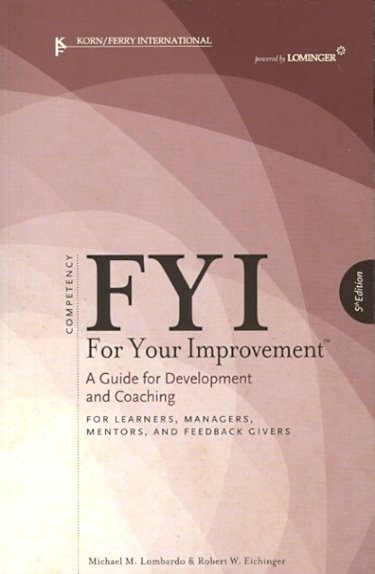Discovery Process
This discovery process has proven invaluable in establishing rapport and creating "win win."
This model can be used in a variety of situations: to establish a sound working relationship with your boss, direct reports, peers, etc.
To engage this model requires skill and will.
|

Establish Rapport
It will be difficult to find common ground if you do not talk with each other. And it is difficult to have beneficial communication if trust does not exist.
Establishing rapport is about building trust by communicating openly and honestly. It includes revealing the purpose of the communication and your intentions.
Engage 2-Way Communication
On one level, communication cannot occur unless there is a sender and receiver, and the receiver actually understands the message as intended by the sender.
On a higher level, communication does not occur unless there is an exchange. This requires two-way communication, the next step in the discovery process.
In two-way communication, both parties are invited to have a say in the discussion. It is in this type of communication that true understanding can occur, and trust is built.

Express Understanding
This step includes restating or rephrasing your understanding of what the other person has expressed. It reveals whether all parties are on the same page.
It allows all parties to ensure each person's point of view is understood, and it sets the stage for entering into mutual agreements.
Enter Mutual Agreement(s)
Not that each party's point of view is understood, you are ready to enter into mutual agreements - the stage where commitments are made.
It is possible to understand and not agree. When a person does not agree with a course of action, it will be very difficult to get de facto commitment.
Evaluate Progress
Evaluating progress allows you to see if indeed your have understanding and agreement.
Understanding and agreement results in forward movement. Understanding without agreement generally results in little to no progress.
Want To Know More?
The Discovery Process Worksheet, along with Covey's 7 Habits, will help you prepare for your discussions.
See also:
Improve Your Relationship with Your Boss
Are you looking to improve your relationship with your boss? If so, the Boss Relationship Worksheet will help you better understand and communicate more effectively with your immediate supervisor.
To download your copy, submit your information on the form below.
After completing the Boss Relationship Worksheet, you will find that the following will prove helpful in showing you how to cultivate a better working relationship with your boss:
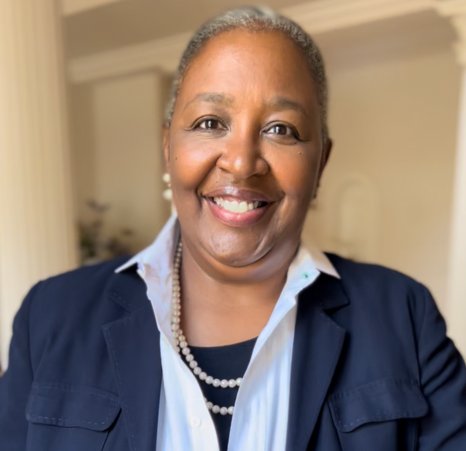 |
I published my first book and I am beyond excited.
Get your FREE copy of Called to Lead!
ORDER PRINT HERE
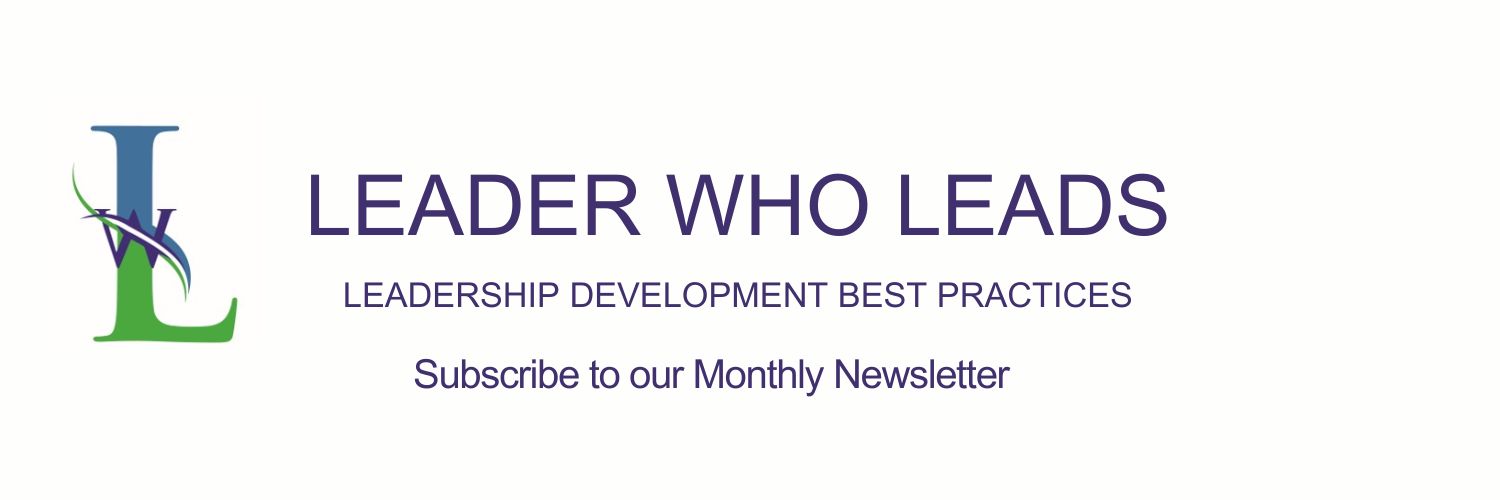
Leaders don't
create
followers.
Leaders
create
other
leaders.
- Tom Peters




